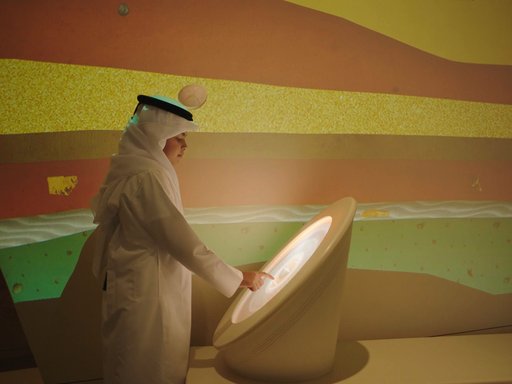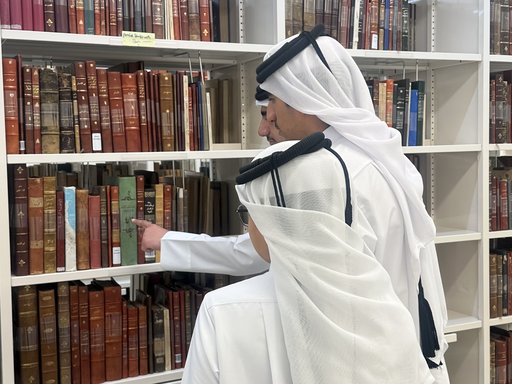Held in conjunction with the museum’s Lehmesa: Return by Moonlight exhibtion , the forum brings together scientists, conservationists, policymakers, educators, and community leaders to exchange knowledge and inspire regional action for marine sustainability.
For over 5,000 years, sea turtles have thrived in the Arabian Gulf, home to four of the world’s seven species—the Green, Hawksbill, Olive Ridley, and Loggerhead turtles. Yet today, these species face increasing threats from pollution, habitat loss, and the impacts of climate change. Rising temperatures, sea-level rise, and coastal development are altering nesting environments and endangering their survival.
Through dialogue, research, and collaboration, the forum seeks to strengthen conservation efforts, promote sustainable practices, and ensure that sea turtles—symbols of resilience and harmony in our marine world—continue their ancient journey across Gulf waters for generations to come.
The forum is especially intended for:
- Marine biologists and conservation experts
- Ministries of Environment and governmental agencies
- Non-governmental organisations (NGOs), regional governmental organisations, and sea turtle conservation programmes
- Local communities (fishermen and maritime communities)
- University students and researchers
The forum also invites paper and panel submissions on sea turtle conservation, including research, habitat protection, threat mitigation, community engagement, and regional collaboration.
Deadline for the submissions: 31 December 2025.



